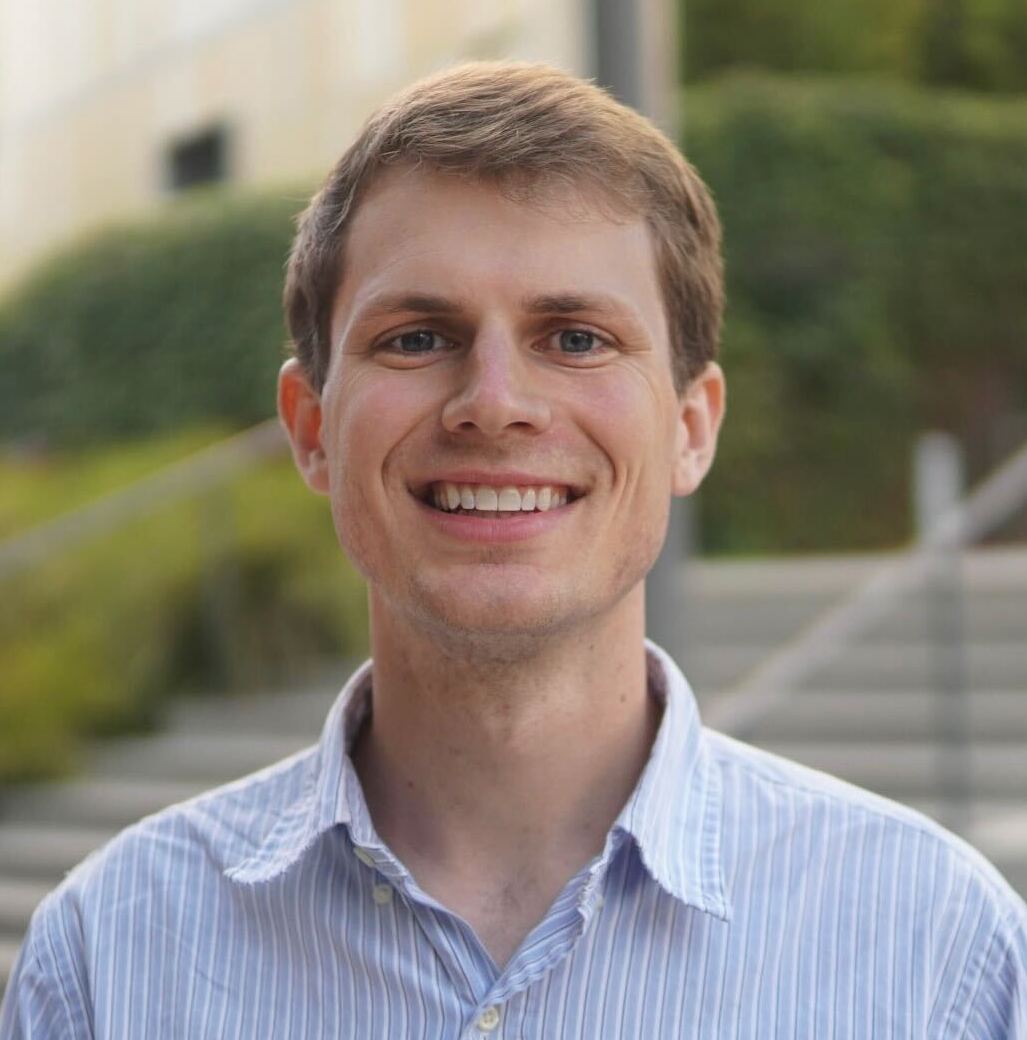Special Sessions
Open LLMs in the Reasoning Era Panel
A panel discussion exploring the current state and future directions of open large language models, particularly focusing on their reasoning capabilities and the implications for the broader AI research community. Moderated by Alexander Rush.


